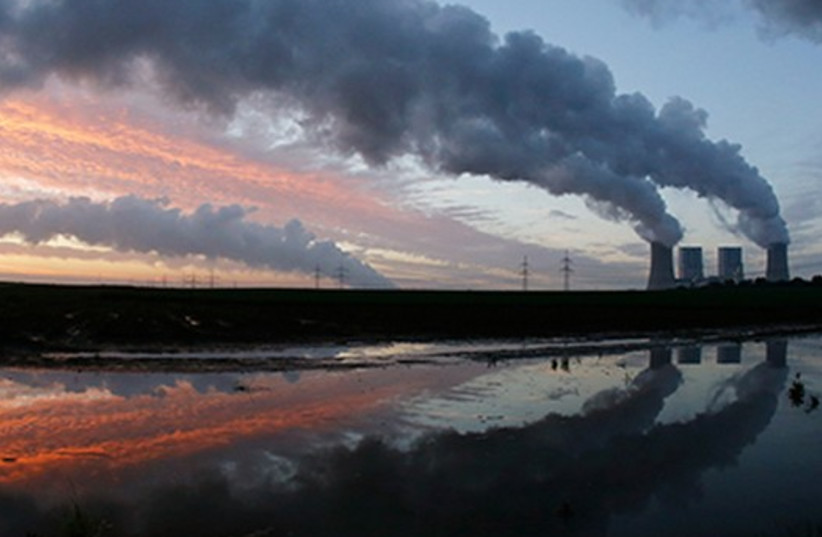The world is on the brink of a man-made climate change disaster, but there are still multiple different methods that can be used to adapt to it and reduce greenhouse gas emissions, and they're all available now, according to the United Nations Intergovernmental Panel on Climate Change (IPCC) report released Monday.
“Mainstreaming effective and equitable climate action will not only reduce losses and damages for nature and people, it will also provide wider benefits.”
Hoesung Lee
“Mainstreaming effective and equitable climate action will not only reduce losses and damages for nature and people, it will also provide wider benefits,” said IPCC Chair Hoesung Lee.
“This Synthesis Report underscores the urgency of taking more ambitious action and shows that, if we act now, we can still secure a liveable sustainable future for all.”
How can we reduce greenhouse gases and adapt to man-made climate change?
Some of the ways of reducing greenhouse gas emissions and enabling sustainable development are as follows:
- Enable access to clean energy and technology
- Use low-carbon methods of traveling such as walking, bicycles and public transport
- Make effective and equitable conservation of around 30%-50% of the Earth's land, ocean and freshwater
- Increase finance to climate investments
All of these methods are available and with government action and public funding, all of them are attainable. Taking action right now, the report noted, could end up being the spark to turn the Earth into a sustainable and equitable world.

Previous IPCC reports
This IPCC report is merely the latest published by the UN on the status of how climate change has impacted the world.
The 2021 report sounded the alarms on the severity of climate change, which was progressing much faster than expected.
In 2022, the IPCC report highlighted how dangerous rising temperatures have been and stressed that urgent steps were needed to take action.
This is a developing story.
The Environment and Climate Change portal is produced in cooperation with the Goldman Sonnenfeldt School of Sustainability and Climate Change at Ben-Gurion University of the Negev. The Jerusalem Post maintains all editorial decisions related to the content.
